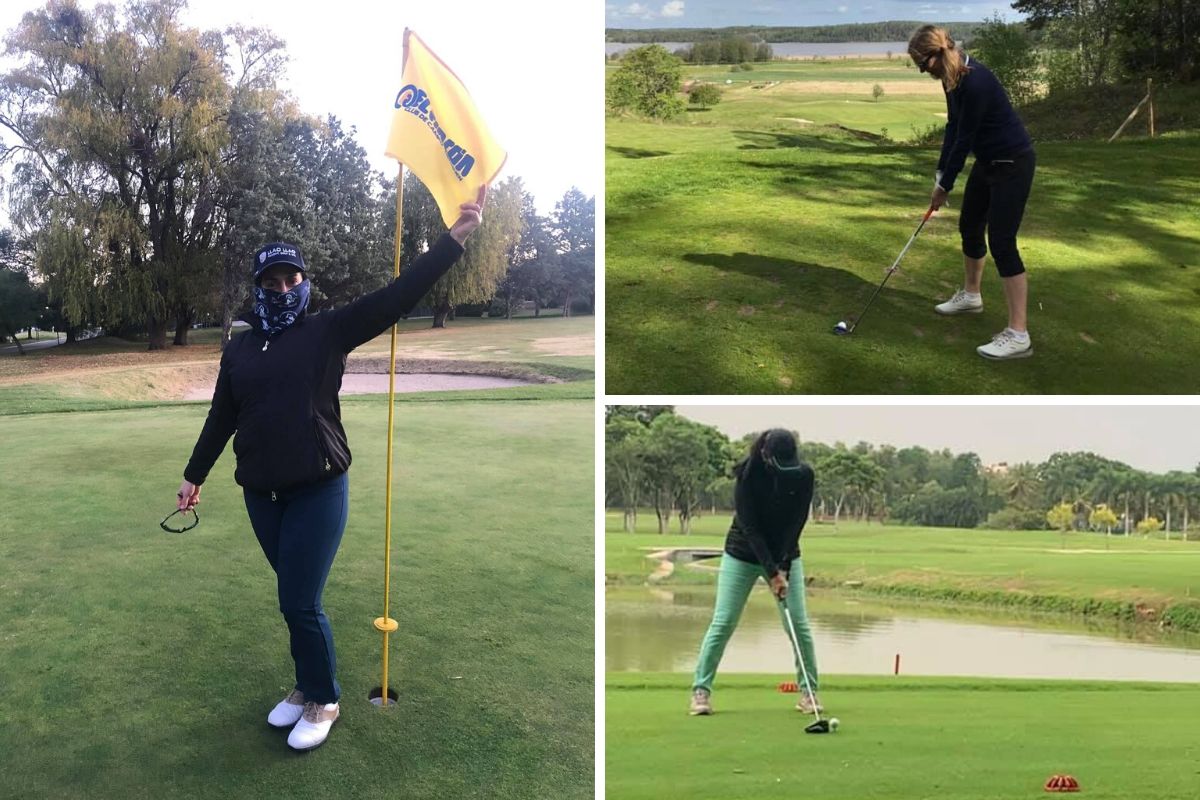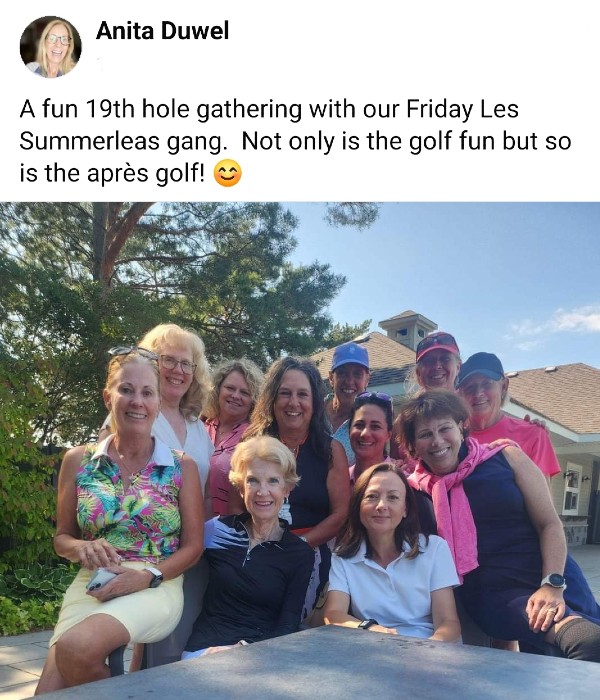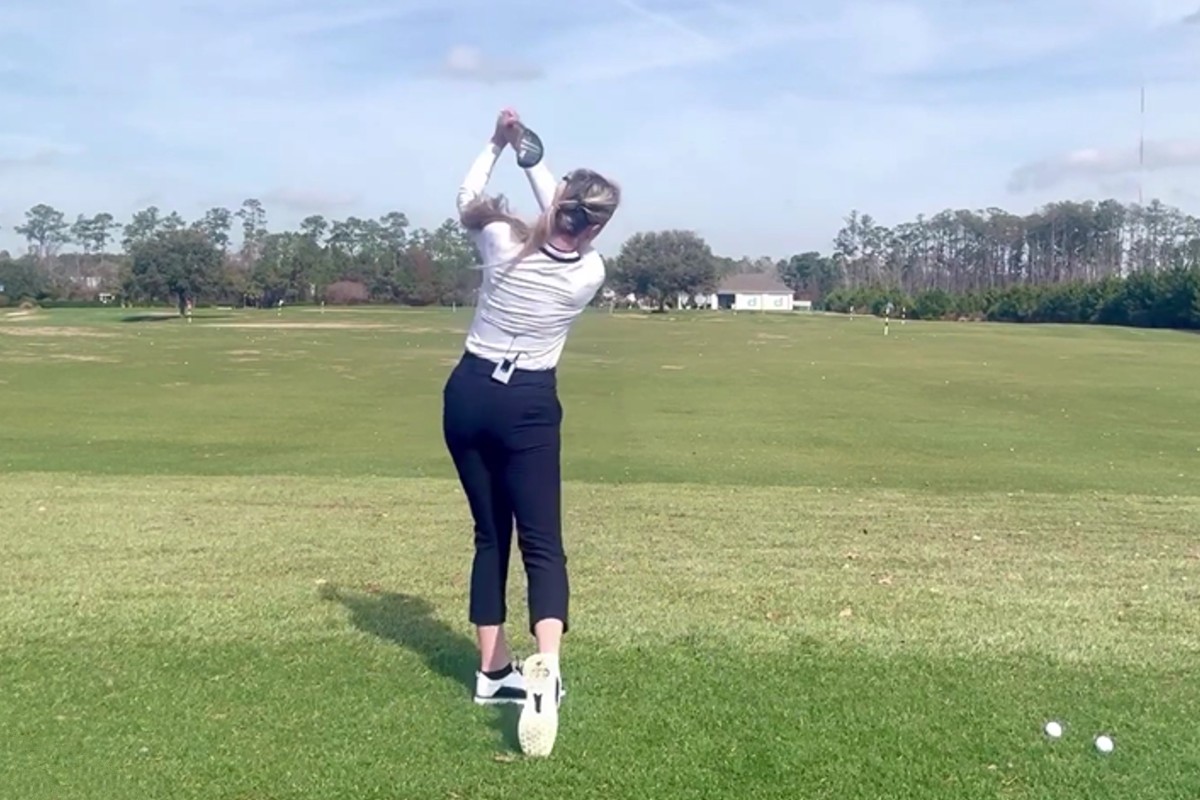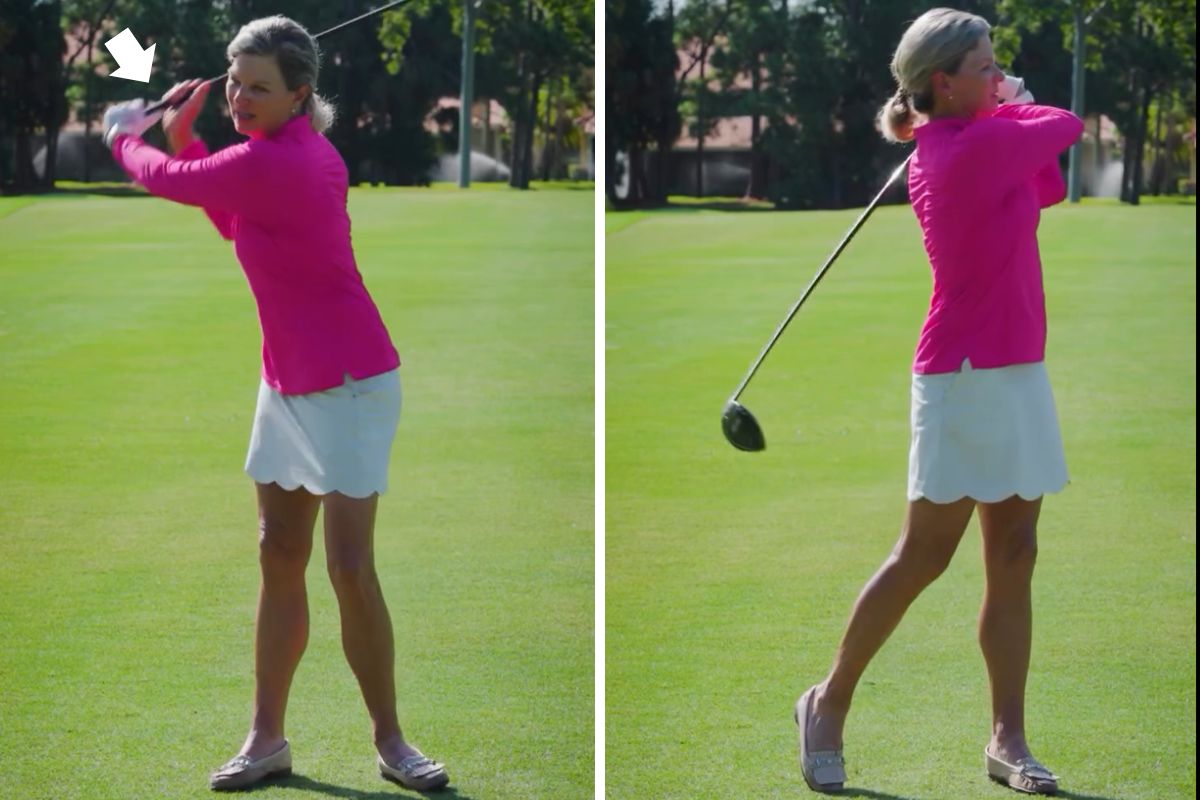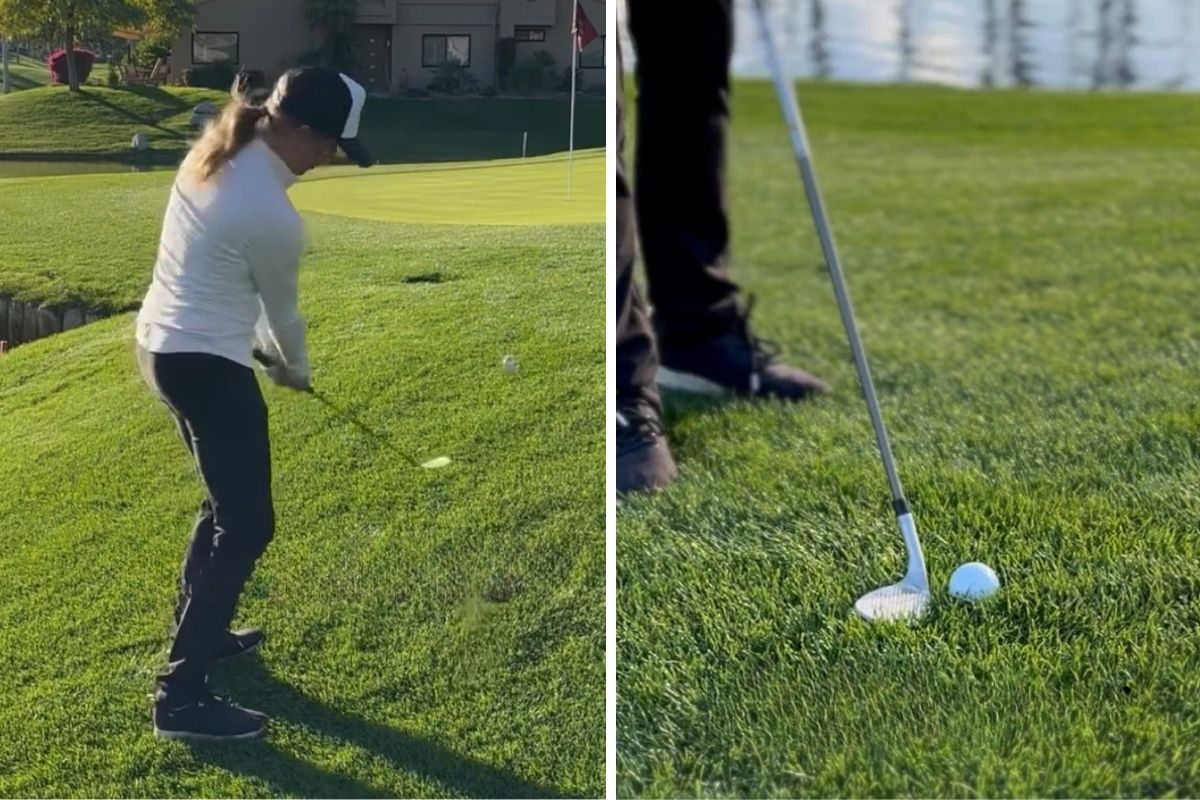This article is not totally about the virus. It’s not a discussion about what it has done to golf or what we may see on the other side. “This mess” as we call it in the Southern United States has certainly changed golf for the moment. But, golf has been through tough times before. It has seen war. It has seen other pandemics and its seen economic hardship. And yet golf is still here. It has survived. Yes, we see change in operations around our courses. We may never go back to shaking hands (thank goodness). We have already seen new products such as the no-touch flag lever which lifts the ball out of the hole for you.
I’m not going to quote a statistical study for you this time. (Everyone needs a break from stats now and then.) Rather, I would like to share a philosophical essay I read an article recently from The North American Review. You may be interested to know this publication was founded in Boston, Massachusetts and was considered the first literary magazine in the United States. This was a literary publication that existed from 1815 – 1940. After a break for a few decades, it was revived in 1964 and is still publishing today. Some famous contributors to the Review were President Abraham Lincoln, Elizabeth Cady Stanton (a leader in the suffrage movement) and Mark Twain. Thomas Jefferson was an early subscriber. It is considered one of the most culturally relevant literary magazines in the United States. The article I read was entitled “Golf and the Philosophic Mind.”
Doesn’t that make you want to climb to a mountain top and start contemplating the meaning of life itself?
We all have heard the “golf is life” analogy. We have heard the lessons of life which can be found in golf. We have heard insightful quotes from famous players, storytellers, and even our own friends and family. I’ve heard it from my own mother.

But, this article had a slightly different take. You see, it was written in 1922 (quite an interesting time for women’s golf, by the way) and was written by the Reverend John Archibald MacCallum. Yep, a preacher. He graduated Union Theological Seminary in New York and was a pastor at Walnut Street Presbyterian Church, Philadelphia, Pennsylvania. With some research, I was able to find a picture of him. While he looks like a very serious fellow, he apparently had a slightly humorous side, too.
Overall, he spends the article discussing golf as a spiritual experience. But, he also focuses on a few major points finding a correlation between those experiences and the game of golf. I wouldn’t say they are all necessarily life lessons, but more of a philosophical take on why people golf.
Think about this for a moment. Why do you play? Do you enjoy the outdoors? The exercise it offers? Do you enjoy the torture golf sometimes bestows on you as you 3 putt, yet again? What specifically makes you continue to play? Well, Rev. MacCallum has a few thoughts on our game and the “whys” of it all.
First, he says, “we have one of the inherent reasons for the popularity of golf, for, however questionable our business or professional ethics, there is at the core of every person’s soul a profound reverence for the truth.” He goes on to talk about this truth for a bit, but I would rather you think about this on your own terms. Yes, we see how truth is part of our game. We record the correct score on the card and we don’t improve our lie. But, go deeper than that. Truth. The quest for it. The meaning of it in your own life. Golf is very much a game of one. It’s you and only you. You are the one who knows the truth.
Another major point the Reverend makes is about doubt. “With these doubts smoldering under the placid surface of his temporary interests, he seeks relief on the links and makes a drive to the green on 225-yard hole much to his own surprise and that of his opponent, whose ball falls into the hazard short and off the course. The hole seems certain but alas, for the insecurity of all and realized certitudes, his rival, with the poise which comes from having nothing to lose, makes a splendid recovery with his mashie niblick. The ball shoots heavenward, pauses as though suspended by a cord for a fraction of a second high above the green, then like a thing endowed with self-determination, drop straight to the earth and comes to rest within 2 feet of the pin.”
Golf brings much doubt. Can I replicate what I did on number 4 yesterday again today? How certain are you about your outlook on the round you are about to play? How does the doubt in your life creep into your game and vice versa? So why do we keep playing if we have such doubt? Why do some play with undeterred certainty?
Another point he makes: follow through. While he uses a Bible story of David and Goliath, he says it is the 2nd mile that counts. If we could just follow through, imagine all the mistakes which can be avoided. You know what happens without a decent follow through. That shot is probably not what you envisioned. Why don’t we follow through sometimes?
The last point he makes is the one I find the most important.
“But I have not mentioned the inmost secret of the fascination that golf exercises upon its devotees. It is the game of perpetual hope.” Good call, Reverend.
The obvious correlations to golf could be things such as we can hope for a better score tomorrow. We can hope to try to attain something, like reaching that green in two. I don’t know about you, but every time I finish a round unhappy and wishing I had that one back, I’ve already asked mom (even before we have left the course) when we can play again. It is that perpetual hope the Reverend speaks of. It’s the pull of the course. The course is whispering for me to come back and give it another go. So, I do. I continue to hope.
Truth, doubt, follow through, and hope……the philosophical “whys” of golf.
But, we don’t have to look far or be extremely philosophical to discover the “why” of golf. All you have to do is look around. You may see it in that beautiful tree on the back nine. You may see it in the laugh of the person you are playing with. I found my “why” the other day unexpectedly.
Currently, due to this “mess” (also known as: the virus), we are not allowed to store our clubs in club storage. So, I’m lugging my clubs back and forth in my car. My clubs were sitting with me in the front seat on the way home from playing the other day. It was like they were riding along just as a person would. I talked to them about the round we just had. My Wonder Woman head cover made sure to let me know it was obviously not her fault when I missed that par putt.
As we drove in silence for a while, I thought about my clubs and the role they have played for me. They are a symbol of the years and years I have spent trying harder, failing, celebrating, and persevering. They never quit even when I tried to. They were waiting for me after an injury saying come on, you can do it. Get back out there. They are a reminder of my mom and me getting to play together for decades.
So, when I ask myself why I play, I see the answer in those clubs. They are an extension of myself. I think the Reverend would be quite pleased with that truth.
Reference: MacCallum, J., Rev. (1922). Golf and the Philosophic Mind, The North American Review, 216(801), 239-247.
Feature photo: Members of the Women’s Golf Social Group. April 2020

